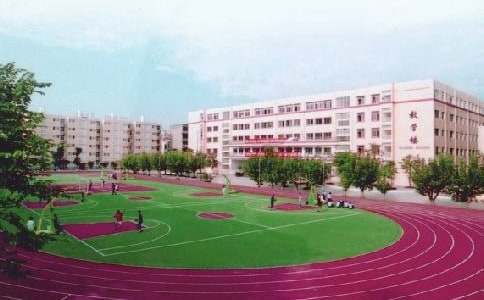国际英语资讯:Brazils Lula loses conviction appeal, shifting presidential election scen

RIO DE JANEIRO, Jan. 24 -- Brazil's ex-president Luiz Inacio Lula da Silva on Wednesday lost an appeal against his conviction for corruption, dramatically changing the country's electoral outlook.
A three-judge federal court panel decided unanimously to uphold the first trial's decision to convict him, and even voted to extend the initial nine-and-a-half-year sentence to 12 years and one month.
Though he can continue his appeal process at higher courts, the decision impacts upcoming October presidential elections, since the Workers' Party (PT) leader may be barred from running, giving the right-wing camp the advantage.
The PT announced it will register Lula as its presidential candidate anyway by the mid-August deadline. But if the Electoral Court does not approve his candidacy, the party will be left with no viable candidate.
Despite his legal troubles, which Lula asserts are politically motivated, he continues to lead polls of potential candidates.
In progressive sectors, his election victory was considered a done deal, given the widespread discontent with the current conservative government and its unpopular austerity measures and reforms.
Without him, the scenario shifts dramatically in favor of prominent ultra-right-wing candidates, such as Jair Bolsonaro, according to some experts.
The conservative Brazilian Social Democracy Party (PSDB), which lost the past four elections to the PT, is likely to gain significant ground. Their candidate will most likely be Sao Paulo state Governor Geraldo Alckmin, who lost in 2006, when Lula was running for reelection.
Before Lula won his first election, back in 2002, the PSDB ruled for eight years under then president Fernando Henrique Cardoso.
The left's second-most popular figure so far is Ciro Gomes, from the Democratic Labor Party (PDT), which used to be stronger, but lost a lot of ground in the past decade.
Gomes served as Ceara state governor and ran for president twice, in 1998 and 2002. He is regarded as a moderate with deep knowledge of the economy and is likely to inherit some of Lula's voters. However, it remains to be seen whether that will be enough to ensure victory.
RIO DE JANEIRO, Jan. 24 -- Brazil's ex-president Luiz Inacio Lula da Silva on Wednesday lost an appeal against his conviction for corruption, dramatically changing the country's electoral outlook.
A three-judge federal court panel decided unanimously to uphold the first trial's decision to convict him, and even voted to extend the initial nine-and-a-half-year sentence to 12 years and one month.
Though he can continue his appeal process at higher courts, the decision impacts upcoming October presidential elections, since the Workers' Party (PT) leader may be barred from running, giving the right-wing camp the advantage.
The PT announced it will register Lula as its presidential candidate anyway by the mid-August deadline. But if the Electoral Court does not approve his candidacy, the party will be left with no viable candidate.
Despite his legal troubles, which Lula asserts are politically motivated, he continues to lead polls of potential candidates.
In progressive sectors, his election victory was considered a done deal, given the widespread discontent with the current conservative government and its unpopular austerity measures and reforms.
Without him, the scenario shifts dramatically in favor of prominent ultra-right-wing candidates, such as Jair Bolsonaro, according to some experts.
The conservative Brazilian Social Democracy Party (PSDB), which lost the past four elections to the PT, is likely to gain significant ground. Their candidate will most likely be Sao Paulo state Governor Geraldo Alckmin, who lost in 2006, when Lula was running for reelection.
Before Lula won his first election, back in 2002, the PSDB ruled for eight years under then president Fernando Henrique Cardoso.
The left's second-most popular figure so far is Ciro Gomes, from the Democratic Labor Party (PDT), which used to be stronger, but lost a lot of ground in the past decade.
Gomes served as Ceara state governor and ran for president twice, in 1998 and 2002. He is regarded as a moderate with deep knowledge of the economy and is likely to inherit some of Lula's voters. However, it remains to be seen whether that will be enough to ensure victory.









